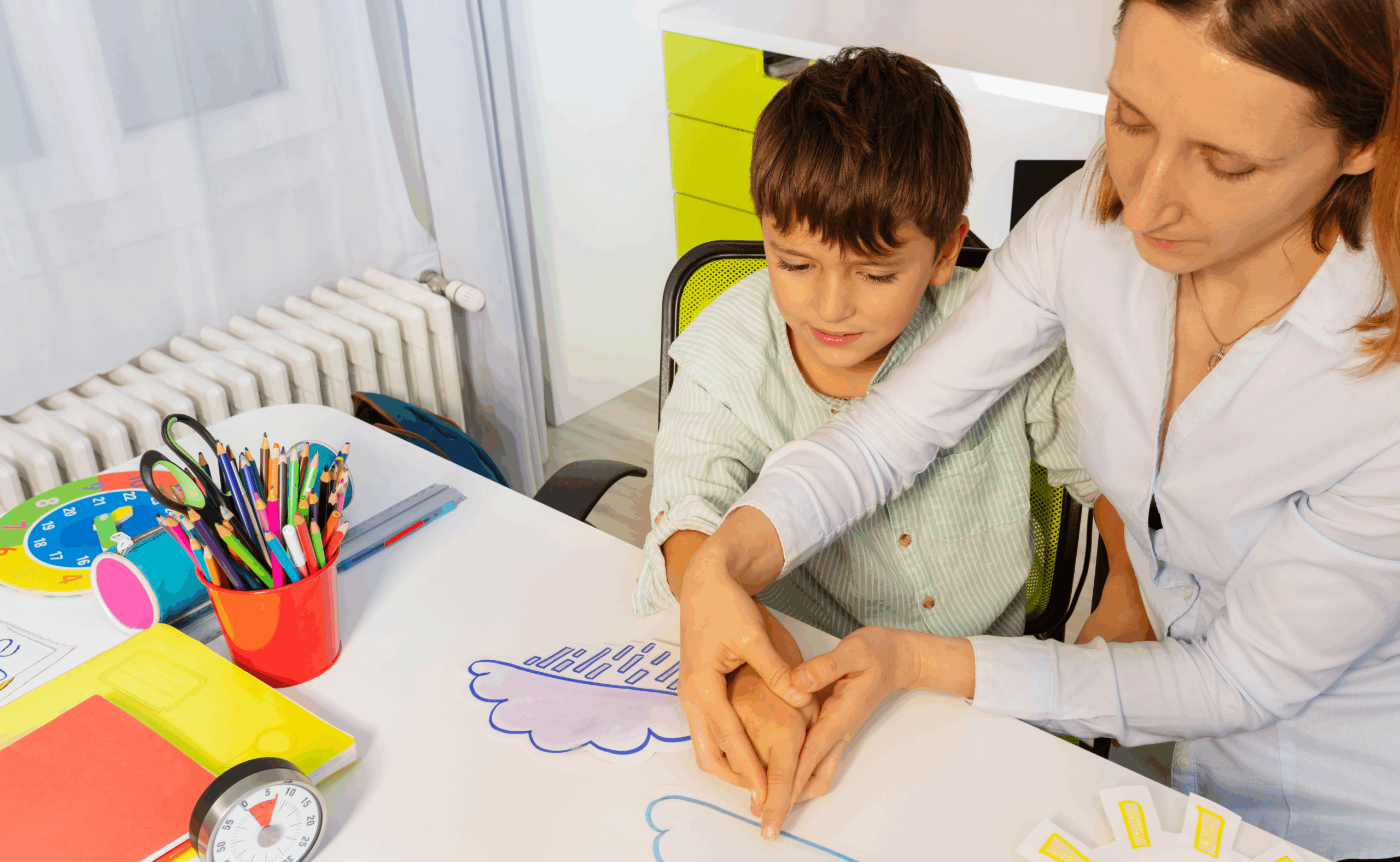Children are creatures of habit, which is why they thrive with routine. It helps them feel secure, know what to expect next, and understand the world around them. As a result, sudden disruptions to their routine can be confusing, unsettling, and even upsetting.
But why is having a routine so important in the first place? How do you establish one that works well for your family? And how do your deal with a kid who refuses to follow it? We’ll explore all of these questions and more below.
Key Takeaways
- Routines make kids feel safer, more confident, and in control.
- Be patient when implementing a new routine – it takes time for kids (and adults!) to adjust.
- Routines can be flexible – don’t be afraid to change things up if it’s not working.
7 Reasons Why Kids Need a Daily Routine
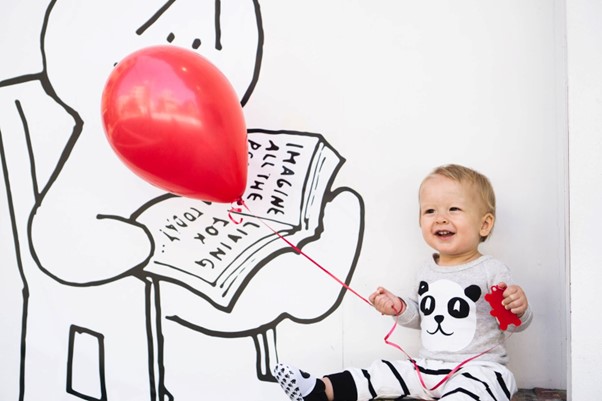
The word “routine” might make you think of a boring, monotonous life. But when it comes to children, routines are actually incredibly important. It affects every aspect of their lives, from their sleep to their behavior to their ability to learn.
Here are seven reasons why kids need routines:
1. Makes Children Feel Secure
Imagine the world from the eyes of a toddler. It’s big, it’s chaotic, and kids are so small compared to all the big adults around them. It’s no surprise that children often feel insecure and act out when they feel overwhelmed.
A routine gives their lives a sense of order and control. When they know that homework comes before dinner, and bedtime comes after that, they feel more secure because they can predict and prepare for what’s coming next.
Related Read: Nap Advice: How Do Daycares Get Babies to Sleep?
2. Establish Healthy and Constructive Habits
Habits are simply behaviors that we do automatically without having to think about them. However, it takes consistent and regular practice for a behavior to become a habit.
Things like brushing their teeth, waking up at a certain time, and studying all become easier later in life when they’ve been established as habits during childhood.
It’s never too early to start either. In fact, even infants can have lifetime benefits from having a schedule. For instance, research has shown that newborns who have regular bedtimes are more likely to sleep through the night sooner. As a result, they (and their parents) get more rest, which leads to better health and development overall.
Read more: Ferber Method of Napping: Training Your Baby to Sleep
3. Improves Academic Performance
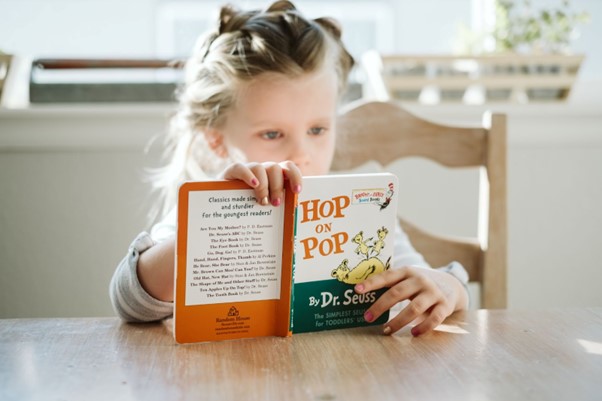
Routines aren’t just important for healthy habits. They can also help kids do better in school whether they’re learning their alphabet or doing advanced math.
When kids have a familiar routine at home, they’re more likely to do better on tests, homework, and extracurricular activities. One reason is that they can focus on learning when they’re not worried about other things, like when they’ll have time to play or what’s for dinner.
Another reason is that routines teach children how to manage time and prioritize tasks. They learn that some things, like homework, need to be done first before they can play or watch TV. This helps them develop self-discipline at the same time.
All of these are critical skills that will serve them well not just in the classroom, but in the workplace and other aspects of their lives.
4. Reduces Tantrums and Other Difficult Behaviors
Children don’t act out because they’re bad. They do it because they’re trying to communicate their needs. Sometimes, it’s because they’re hungry or tired. Other times, it’s because they’re overwhelmed or frustrated.
If your child is having regular tantrums, it may be because their routine is off-kilter. Maybe they’re skipping meals because there’s no time, or they’re not getting enough sleep because they have to stay up late to finish homework.
When kids are well-rested and well-fed, they’re less likely to behave negatively. A routine can help you ensure that your child is getting the physical and emotional care they need to stay calm and happy. It also helps understand why they’re behaving the way they do as well, which also lessens the stress on your part.
Related read: Hostile and Instrumental Aggression: Causes and Prevention
5. Helps Children Cope with Life Transitions

New things can be scary for kids. It can be anything from starting a new school to moving to a new house and having a new sibling. Even things that seem small from an adult perspective, such as losing their favorite blanket, can be devastating to a young child.
Routines can help a child cope during an unexpected event by providing a sense of normalcy. For example, if your family is moving, you can keep your child’s bedtime routine the same as much as possible. Or if there’s a new baby in the house, you can keep mealtimes and nap times the same for your older child.
6. Teaches Kids How to Be Independent
From the time they’re born, children are constantly learning how to do things on their own. They learn to sit up, crawl, walk, and talk. As they get older, they learn to dress themselves, brush their teeth, and tie their shoes.
Routines give children the opportunity to practice these skills on their own. In turn, these achievements can boost their self-esteem and motivate them to learn even more.
7. Enhances Family Life
Having a routine is not just great for children, but also for young adults and older members of the family. It’s also a wonderful opportunity for you and other family members to bond with each other. One, sharing a routine cultivates a sense of belongingness. Two, a set schedule makes it easier to plan quality time together.
For example, eating breakfast as a family during the weekend is a fantastic time to catch up with each other. Done with homework? Great! Now it’s time to play a game or read a story together.
Additionally, daily routines can also reduce conflict between parents and children. When expectations are clear, there’s less room for misunderstanding and disagreement.
In other words, setting a routine is more than just scheduling activities. It’s about creating a warm, nurturing environment for your child and the entire family to grow and thrive.
What If Your Child Refuses to Follow a Routine?
It’s not uncommon for children to resist routines, especially if they’ve never had one before. Remember: they’re not trying to be difficult. They’re just trying to assert their independence. Still, it can be frustrating on your part.
Here are a few tips to help you get your child on board:
1. Get Their Input
Before you start setting a routine, involve your child in the process. Keep in mind that this is their life, too, so you need to consider their needs. Are they too tired right after coming home from school? Do they need a snack before starting homework? Would they rather take a bath in the morning or at night?
Getting their input will make them feel like they’re a part of the decision-making process, and they’ll be more likely to follow through with the plan.
2. Be Flexible
Routines should be flexible, not rigid. If your child is having a tough day, it’s okay to skip homework and give them time to relax. Going on a family vacation? Great! Enjoy your time together and don’t worry about sticking to the usual schedule.
Consistency is just one-half of the equation. The other half is being able to go with the flow when necessary.
3. Make it Fun
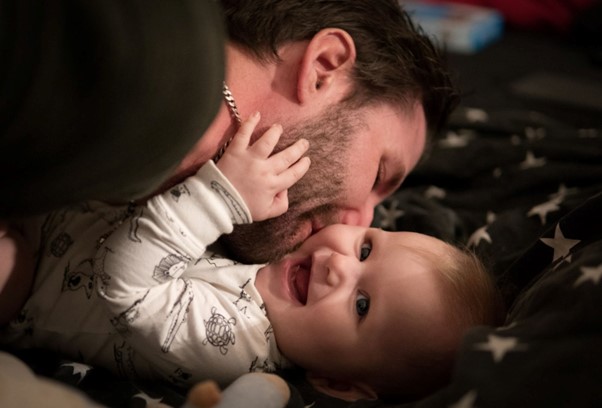
Routines can be fun! If your child is struggling to stick to a routine, try adding in some fun activities to help them stay motivated. For example, if they’re resistant to taking a bath, let them choose their favorite soap or add in some fun toys. You can also schedule actual fun time into the routine, like an hour of playtime after homework is done.
4. Lead by Example
As a parent, your child will look to you for guidance. If you’re constantly skipping meals, coming home late, or neglecting your own bedtime routine, they’ll think it’s okay for them to do the same.
On the other hand, if you’re consistent with your own routine, they’ll be more likely to follow suit.
5. Try to Involve All Family Members
Having a family routine in addition to your kid’s individual routine reinforces the importance of following a set schedule. If everyone in the family is doing their own thing at different times, it can be confusing for kids and make it harder for them to stick to their own routine.
Get the whole family involved by eating meals together, going for walks, or reading stories before bed. These activities will not only help your child feel connected to the family, but also help create positive memories.
Routines and Children with Special Needs

All children can benefit from routines, but they can be especially helpful for kids with special needs such as autism, ADHD, sensory processing disorder, anxiety, and depression.
However, you also need to be mindful of your child’s unique needs when creating a routine. For instance, a child on the autism spectrum disorder might benefit from visual schedules that include pictures or symbols to represent each activity.
On the other hand, a child with ADHD might need a more flexible routine that allows for impromptu activities.
No matter what your child’s situation is, you may find the following tips useful:
Schedule a doctor’s appointment first.
Routines for children with special needs require more nuance. Kids with ADHD, for instance, often take medication that can make them lose their appetite.
As a result, you might need to adjust their mealtimes. Your child’s care team can also help your incorporate specific therapies into your child’s schedule, such as occupational therapy or speech therapy.
Make sure the activities in the routine are developmentally appropriate.
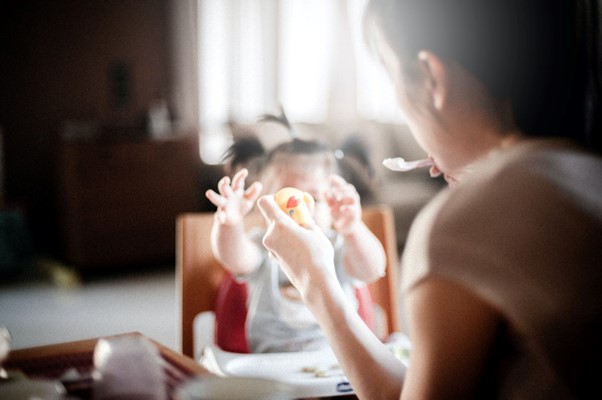
An infant’s routine will look different than a toddler’s, which will look different than a school-age child’s. This includes both the types of activities and the amount of time spent on each one.
For instance, a newborn will need to eat every 2-3 hours, while a three-year-old can probably go 3-4 hours between meals. A one-year-old won’t be able to understand a visual schedule, while a kindergartener may find it useful. Always consider your child’s developmental needs when putting together a routine for them.
Be prepared for bumps in the road.
Children with special needs also face special challenges, many of which you can’t predict or may not be able to understand.
For instance, a child with autism might have a meltdown if their daily routine is interrupted. Again, they’re not trying to be mean or to test your limits, they’re just having a difficult time cope with the change.
Having a backup plan can be very helpful in these situations. Does your child have a favorite toy or activity that calms them down? Make sure you have it on hand for when they need it.
The Bottom Line
Establishing a routine for your child can have far-reaching benefits that extend well into adulthood. It can affect everything from their mental and emotional health to their academic success and more.
Your entire family can benefit from following a routine as well. It can help everyone feel more connected to each other and make your home a more peaceful place.
The key is to look at routines not as a set of rigid rules, but as guidelines that you can tailor to your family’s unique needs and situation.






